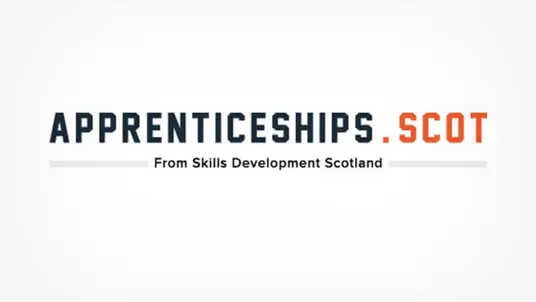How to become a plumber
There are several routes to becoming a plumber. You can gain the qualifications you need by doing a college course or an apprenticeship. If you already have relevant experience you may be able to apply directly to an employer or train on the job.
You should explore these routes to find out which is the right one for you. Although some of these options will list qualification requirements many employers are more interested in people who are enthusiastic, willing to learn and can follow instructions.
You may need a Construction Skills Certification Scheme (CSCS) card to work on a construction site.
College/training provider
There is strong competition for places on plumbing courses. You could do a Level 2 or 3 Diploma in Plumbing and Domestic Heating. Afterwards, you could apply for a trainee position with a plumbing company.
Apprenticeship
An apprenticeship with a construction firm is a good way into the industry. Apprenticeships are open to anyone over the age of 16. As an apprentice, you will be fully employed by your company and expected to work a minimum of 30 hours a week. Your time will be split between on-the-job experience and a college or training provider.
An intermediate plumbing apprenticeship takes two to four years to complete.
Work
If you have GCSEs (or equivalent) including English and maths, along with good practical skills, you might be able to get a job as a plumber’s mate, trainee or assistant. Your employer may then help to provide training so you can qualify.
If you have qualifications or experience in building services or heating and ventilation engineering you may be able to apply directly to an employer.
Work experience
Work experience is essential to gaining employment within the construction industry. You could gain this at school, or by working weekends and holidays with a company or relative who works in construction. Potential employers will always be pleased to see work experience listed on your CV.
Skills
Additional skills which may benefit anyone considering a job as a plumber include:
- Able to use, repair and maintain machines and tools
- Knowledge of building and construction
- Be thorough and pay attention to detail
- Knowledge of maths
- Able to work well with others
- Able to use your initiative
- Able to work well with your hands
- Customer service skills
- Able to carry out basic tasks on a computer or hand-held device








